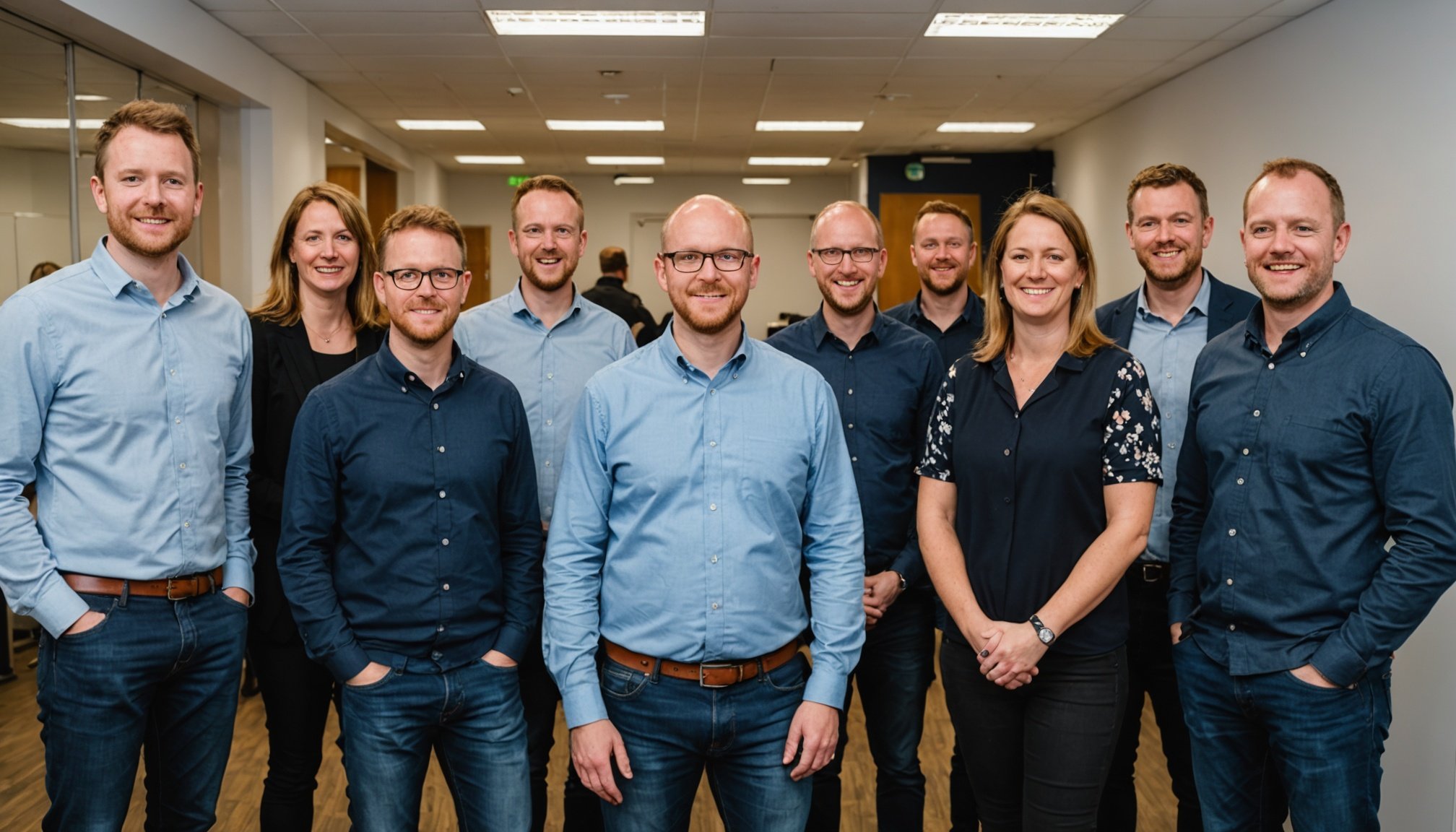Overview of Agile Project Management
Agile project management is a dynamic approach to overseeing projects, championing flexibility, collaboration, and ongoing improvement. At its core, Agile methodologies prioritize adaptability, allowing teams to respond effectively to changing requirements. This is achieved through incremental and iterative work sequences known as sprints, promoting continuous feedback and enhancement.
In contrast to traditional project management methods, Agile eschews rigidity. Traditional systems often follow a strict, linear process, such as the Waterfall model, emphasizing predictable, sequential development. Agile, however, adopts a more fluid strategy, facilitating change at any project stage without significant disruptions. This flexibility makes Agile particularly adept at handling ever-evolving project landscapes.
This might interest you : Unlock the advantages of honeycomb cardboard packaging solutions
The importance of adaptability in project management cannot be overstated. Businesses often deal with uncertainties in client needs or market conditions. Agile project management techniques, therefore, offer the necessary tools and frameworks to swiftly adapt, ensuring project deliverables align with client expectations and industry standards. Collaborative communication within Agile teams allows for shared understanding, which enhances overall project responsiveness. Agile methodologies also encourage close customer engagement, resulting in higher satisfaction and more successful project outcomes.
Success Stories from the Sheffield Tech Firm
The Sheffield tech firm offers inspiring success stories demonstrating Agile’s transformative impact on project management. These case studies reveal not only the triumphs but also the practical implementations of Agile methodologies within diverse contexts, reflecting both challenges and impressive outcomes.
Additional reading : Magical provence wedding photography for your special day
Case Study 1: Project Implementation and Results
The first case study involves a complex software development initiative. Adopting Agile, the firm navigated numerous technical hurdles by employing iterative development cycles. Through these adaptable frameworks, the team could reevaluate and refine their approach continuously. Key metrics, such as a 30% reduction in time-to-market, underscored the model’s effectiveness.
Case Study 2: Client Satisfaction and Feedback
Client relations significantly improved as Agile facilitated enhanced communication. With continuous feedback loops, clients were actively involved in the developmental stages, fostering trust and satisfaction. This approach led to repeat business from 70% of clients post-implementation, showcasing the tangible benefits of dedicated client collaboration.
Case Study 3: Collaborative Team Dynamics
Internally, Agile revolutionised the team dynamics by promoting cross-functional collaboration. Teams became more aligned and goal-focused, leading to a 40% boost in overall productivity. These dynamics not only streamlined processes but also empowered team members, resulting in an environment of innovation and shared success.
Benefits of Agile Strategies in Project Management
Implementing Agile strategies yields numerous advantages for effective project management. Central to these is enhanced team collaboration and communication, fostering a cohesive work environment where ideas and solutions flow more freely. Agile’s framework naturally encourages open dialogue and regular interaction, consequently boosting overall team dynamics and aligning them with project goals.
Agile promotes faster project delivery, significantly improving time to market. Through iterative cycles and adaptive planning, teams can swiftly adjust to new information or changes in customer requirements, reducing project timelines. This efficiency translates to a competitive edge in rapidly evolving markets.
Customer satisfaction sees a marked increase through the integration of continuous customer feedback within Agile methodologies. This approach not only refines product offerings but also ensures they remain aligned with client expectations. Additionally, regular client involvement enhances trust and fortifies business relations, proving beneficial for future engagements.
These benefits underscore Agile’s role in optimizing project management, encouraging teams to work smarter, not harder. By embracing Agile practices, organizations position themselves for sustainable success in dynamic environments, meeting both business objectives and customer needs effectively.
Best Practices for Implementing Agile Methodologies
Implementing Agile methodologies successfully requires organisations to embrace key best practices. One essential aspect is to foster a culture of agility. This involves encouraging an open mindset, where teams feel empowered to adapt and respond to changing circumstances. It’s vital to create an environment where every team member feels their contributions are valued, promoting innovation and collaboration.
A critical component of Agile is continuous improvement and feedback loops. This practice supports iterative processes, allowing teams to learn from each phase and make improvements systematically. Retrospectives, a staple in Agile frameworks, are sessions held at the end of each sprint to review accomplishments and identify areas for enhancement, thus enabling teams to uphold quality standards consistently.
Employing the right tools and technologies also plays a pivotal role in facilitating Agile project management. Digital tools like Scrum boards and collaboration software offer real-time insights into project progress and ensure effective communication across teams. These technologies help streamline processes, making information accessible and simplifying task management.
By integrating these practices, teams can build a robust Agile framework, leading to heightened productivity, adaptability, and project management success. Organisations adopting these strategies position themselves well for achieving sustained success in dynamic environments.
Industry Trends and the Future of Agile Project Management
Agile project management is continuously evolving, driven by industry trends and advancements in technology. These changes are shaping how Agile methodologies are implemented across various sectors. One major trend is the increasing reliance on automation and artificial intelligence. These technologies are streamlining workflows, enhancing the efficiency of Agile processes, and reducing the manual effort required.
Emerging trends also indicate a shift towards hybrid models, integrating Agile with traditional project management techniques. This approach aims to harness the best of both worlds, allowing teams to remain flexible while benefiting from the structure of conventional methods. Moreover, remote and distributed teams are becoming more common, prompting Agile practices to adapt for improved virtual collaboration.
Looking ahead, the future of Agile may involve greater use of data analytics to inform decision-making processes. Predictive analytics can provide insights into project performance, enabling proactive adjustments. Additionally, the demand for enhanced project management evolution strategies will likely grow, tailoring Agile practices to fit specific industry needs.
As technology advances, Agile will likely continue to transform, driving increased project management evolution and adaptability. Such trends indicate a promising future where Agile remains central to innovative, efficient project management practices.











